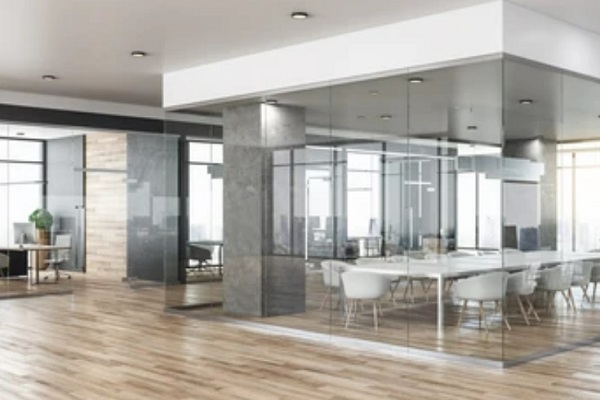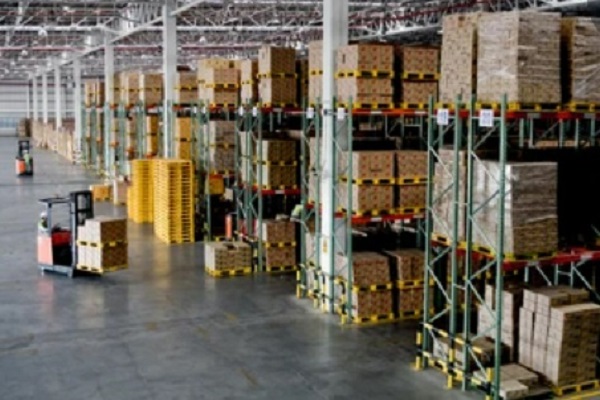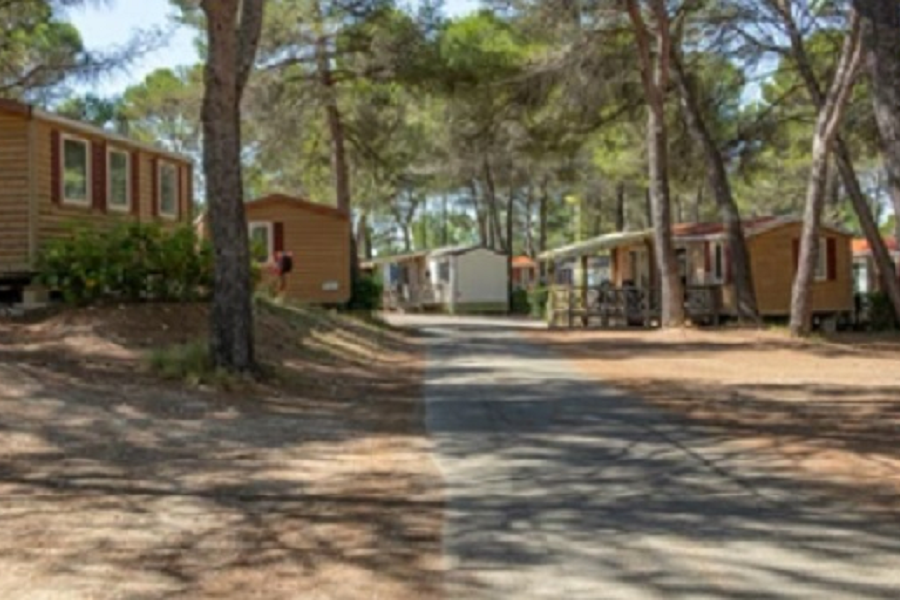Café Hôtellerie Restauration
The CHR sector (Cafés Hôtellerie Restauration) is a constantly evolving sector regulated by a complex set of laws and regulations. If you are considering investing in the CHR sector, it is important to know the rules to follow to avoid any legal issues.
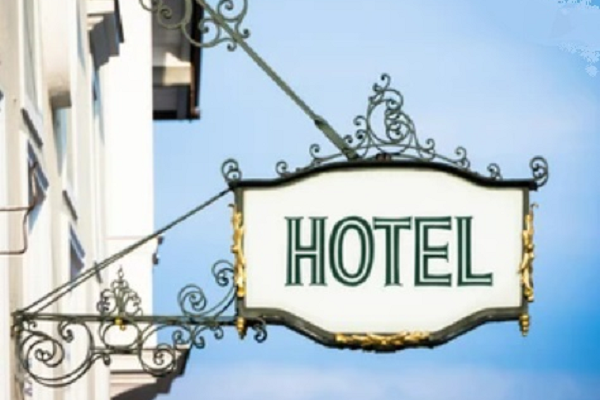
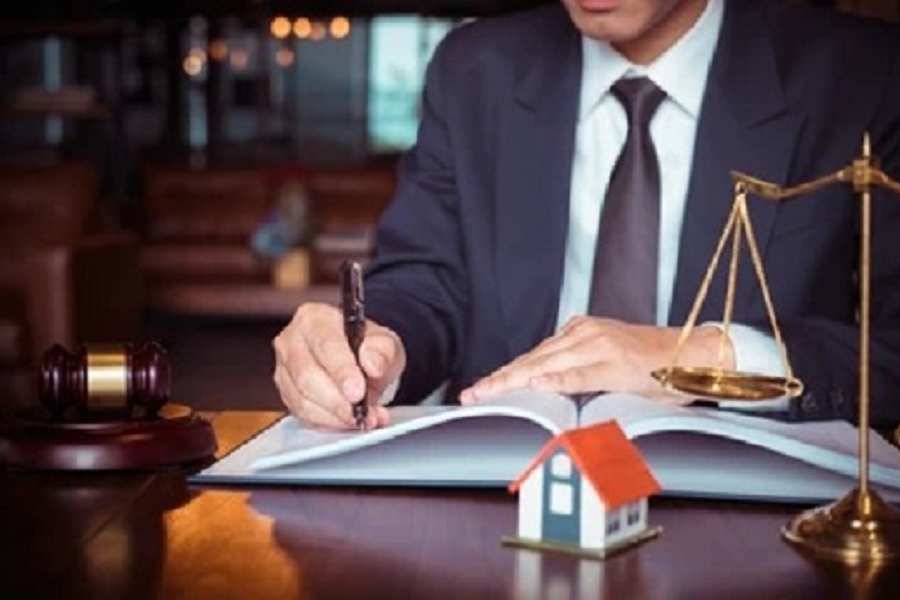
Food hygiene and safety standards
Food hygiene is a priority in the CHR sector. Establishments must comply with the food hygiene and safety standards established by law. These standards concern food handling, food storage, equipment and premises cleanliness, and temperature control. Establishments must also ensure the safety of their customers by implementing preventive measures against fire risks and accidents.
The General Directorate for Competition, Consumer Affairs, and Fraud Control (DGCCRF) provides an overview of the key principles of food hygiene to be respected.
Regulation of opening hours
The opening hours of CHR establishments are regulated by law. The opening hours of cafes, bars, restaurants, and hotels can vary in France, depending on the category of the establishment. Regarding opening and closing hours for drinking establishments, the State grants strong autonomy to the Prefects and municipal councils. Generally, bars and cafes can open from 6 a.m. to 2 a.m. Restaurants can stay open until 1 a.m.
Licensing standards
Licenses are legal authorizations that allow CHR establishments to operate. The types of licenses vary depending on the type of establishment. For example, a restaurant must obtain a liquor license to serve alcohol to its customers. Licenses are regulated by law.
Establishments must comply with the rules and conditions imposed by the license. In case of non-compliance, the establishment may have its license revoked. It is imperative for any business wishing to sell alcohol to obtain an appropriate license.
Depending on the type of service offered, the different types of alcohol served or the sale on-premises or takeaway, a specific restaurant license must be obtained. Once obtained, these licenses must be displayed visibly in the establishment.
Different types of licenses are required depending on the types of drinks served in the establishment. For alcoholic beverages less than 18° such as wine, beer, or crème de cassis, a category III license is required. In contrast, for alcoholic beverages over 18° such as distilled spirits, such as liqueur, rum, or whiskey, a category IV license is required.
Labor standards
CHR establishments are subject to labor law rules. These rules concern remuneration, working hours, working conditions, and the health and safety of workers.
Employers must comply with standards regarding minimum wages, maximum working and rest hours, paid leave, social security, and unemployment insurance.
Controls
Regulation of food hygiene and conservation is verified by two separate departments: the Departmental Directorate for the Protection of Populations (DDPP) and the Departmental Directorate for Social Cohesion and the Protection of Populations (DDSCPP). These two departments verify, among other things, the following points:
- Compliance with the consumption deadlines
- Absence of illegal freezing or use of unsuitable equipment
- Compliance with temperature rules, using thermometers in refrigerators or cold rooms
- Compliance with sanitary installations
- Use of a method and principles of food safety management ensuring transport, storage, and use of food until they are delivered to the final consumer, in sanitary conditions required
- Absence of false valuing mention on the origin of products (for example: “regional”, “farmer”), the type of manufacture (for example: “home-made”, “from the chef”) or on the very nature of the products (for example: using the term “ham” for shoulder).
The CHR sector is a constantly evolving sector that is subject to numerous rules and regulations. Food hygiene and safety standards , regulations on opening hours, licensing standards, and labor standards are important aspects of the regulation of the CHR sector. CHR establishments must comply with these rules. To better understand the legal framework to follow, it is essential to seek the advice of a competent lawyer to ensure the seriousness of your investment.
About the Author :
Business lawyers, bilingual, specialized in acquisition law; Benoit Lafourcade is co-founder of Delcade lawyers & solicitors and founder of FRELA; registered as agents in personal and professional real estate transactions. Member of AAMTI (main association of French lawyers and agents).
FRELA : French Real Estate Lawyer Agency, specializing in acquisition law to secure real estate and business transactions in France.
Paris, 19 Rue du Colisee, 75008 Paris
Bordeaux, 78 Cours de Verdun, 33000 Bordeaux
Lille, 40 Theater Square, 59800 Lille


